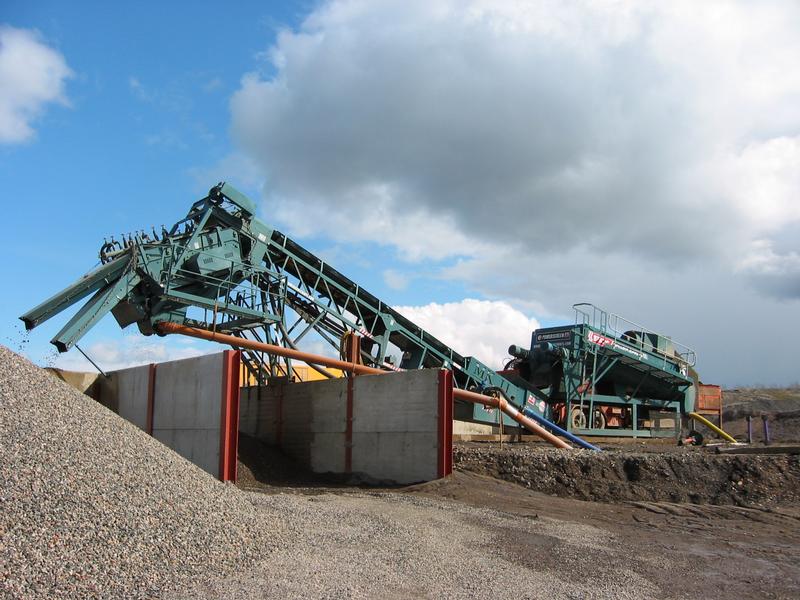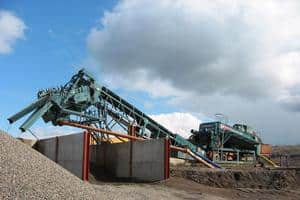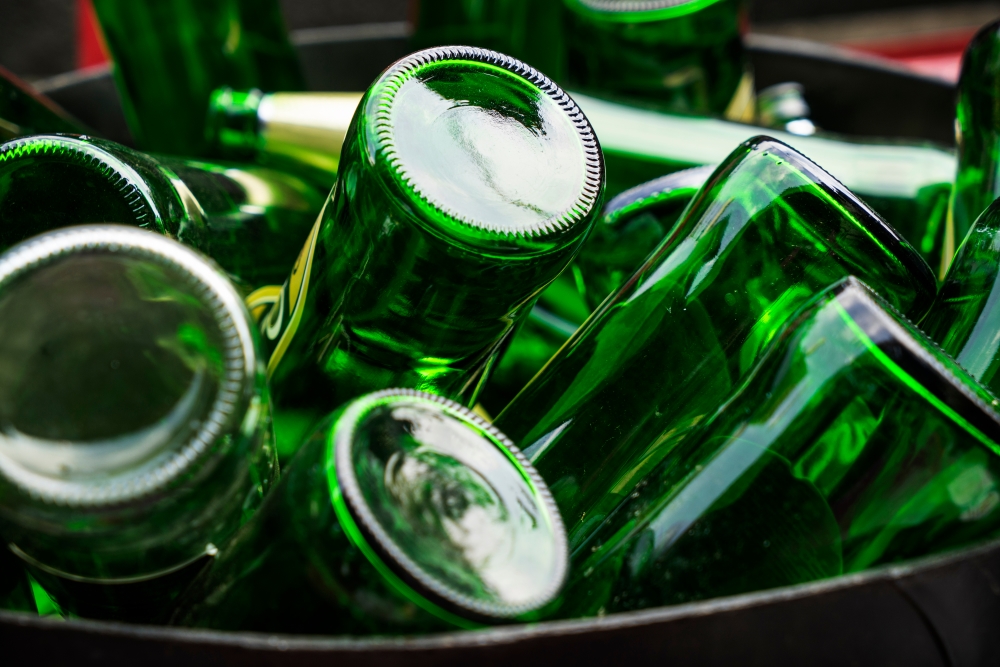The government-funded Centre is backing the researchers' company Fine-Agg, fostering a technology claimed to be able to convert waste mineral silts into aggregate products for use in the construction industry.
WRAP's Recycling Commercialisation Centre is operated by Imperial Innovations with funding from Landfill Tax revenue via Defra's BREW programme.
An AIM-listed body, Imperial Innovations aims to commercialise the research of Imperial College academics, but does also handle technologies originating from outside Imperial College. The organisation was awarded a two-year contract to run the Commercialisation Centre in 2006 (see letsrecycle.com story).
“Firewall”
Alison Jones, a spokeswoman for WRAP, said it was an “unfortunate coincidence” that a project from Imperial was being supported by the Centre.
“There is a big firewall between what Imperial does and the Commercialisation Centre,” Ms Jones said. “It just so happens that on this occasion they have applied and met all the criteria. It's not that something's going on here – they do operate as two different bodies.”
The Fine Agg project is the third project to be offered support by WRAP's Commercialisation Centre, which has previously supported glass recycling and tyre recycling projects (see letsrecycle.com story).
It promises to make a value-added product from a waste by-product generated from the washing of aggregates and soil, which can represent 10% of the material processed and is “commonly” sent to landfill.
Support
The Commercialisation Centre will help bring the technology to market by providing resources for technical tests, business planning and the development of a management team. It will also provide access to more funds and investors, as well as working to develop markets for the technology.
Dr Cheeseman said that thanks to the Centre's support, he was “confident that the Fine-Agg technology will have a successful commercial future”.
He said: “The cost of landfill means that disposal of waste silt and fines generated from aggregate washing are a major issue. Fine-Agg has the potential to transform these types of materials into resources for use in more sustainable construction.”
Steve Creed, director of business growth at WRAP, said: “Fine-Agg ticks all the boxes and we are delighted that the inventors are working with the Recycling Commercialisation Centre to bring this technology to market.
“WRAP is committed to encouraging growth in the recycling industry through product innovation and developing new markets for recycled materials. A major part of our work is persuading people to think again about whether something is a waste or a resource,” Mr Creed said.












Subscribe for free